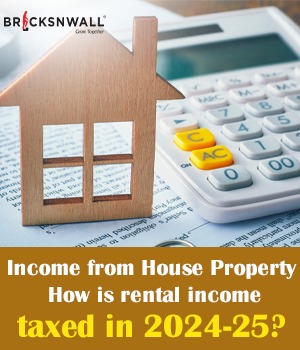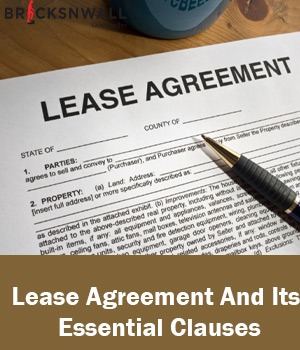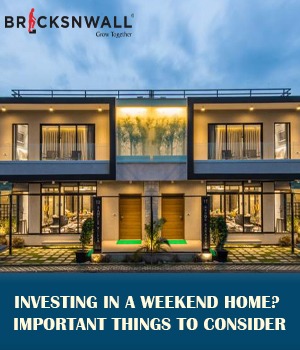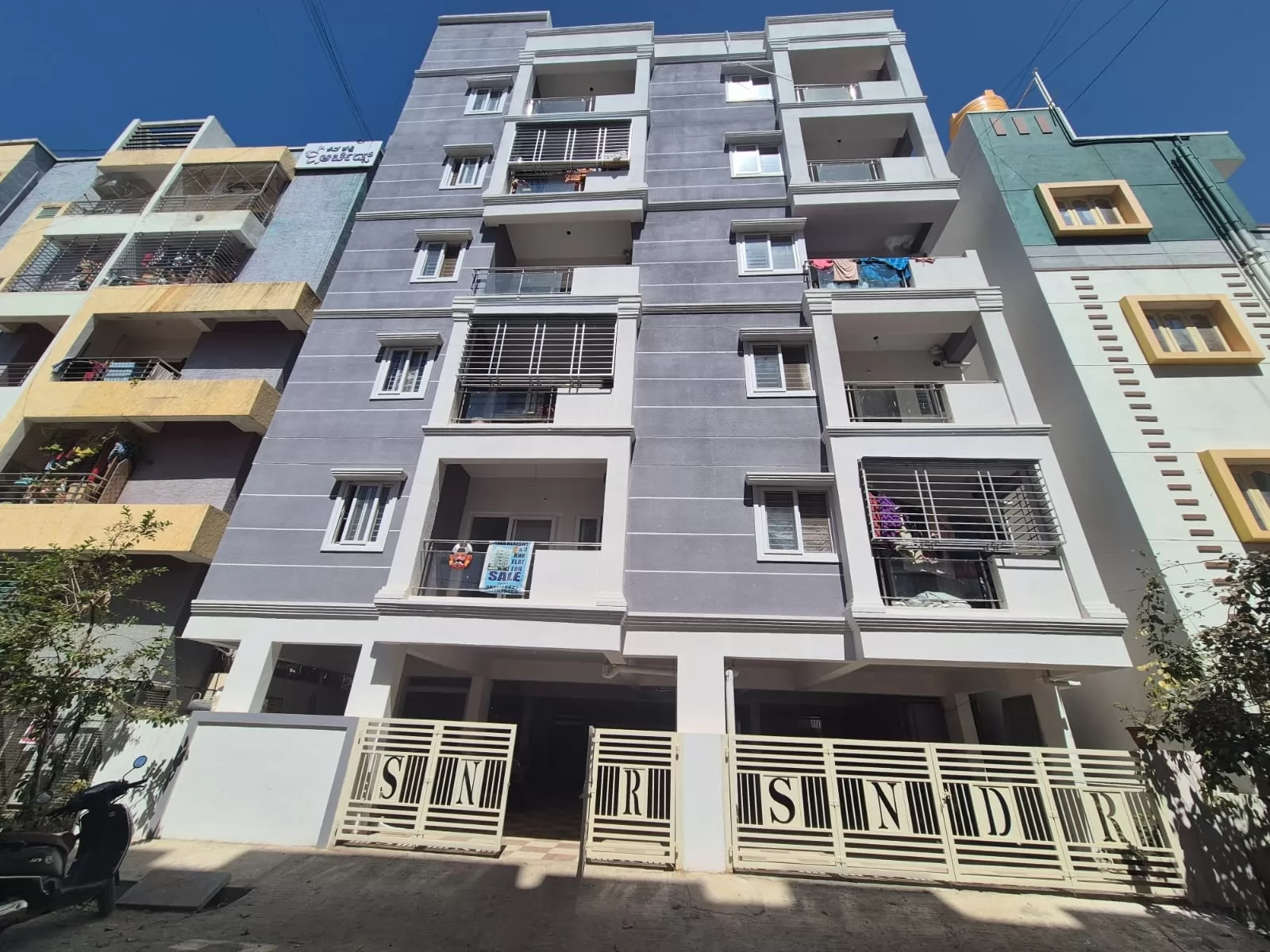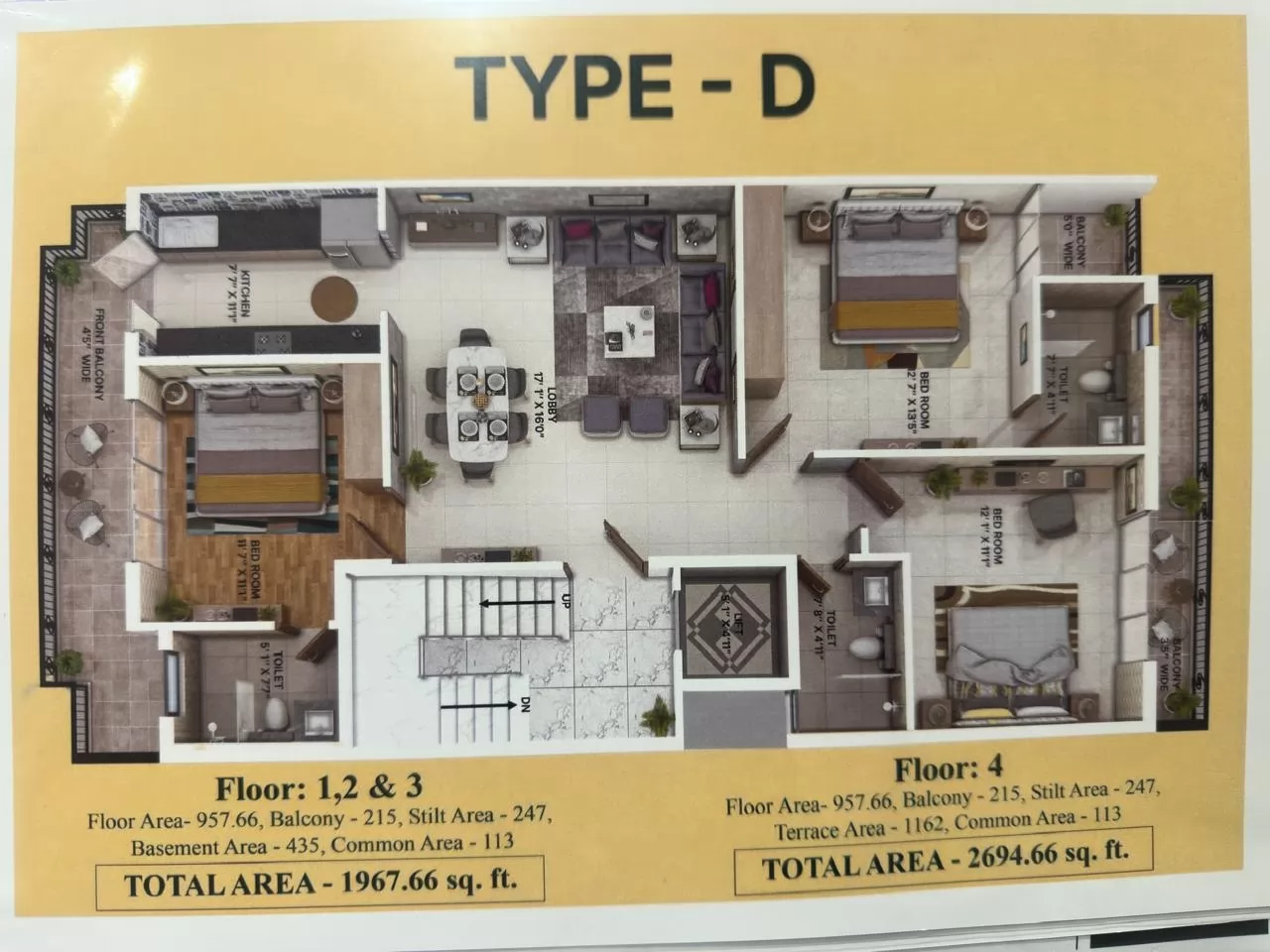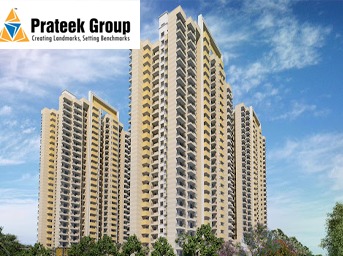How Green Spaces and Mixed-Use Developments Elevate Community Living in Noida
Bricksnwall Trusted Experts
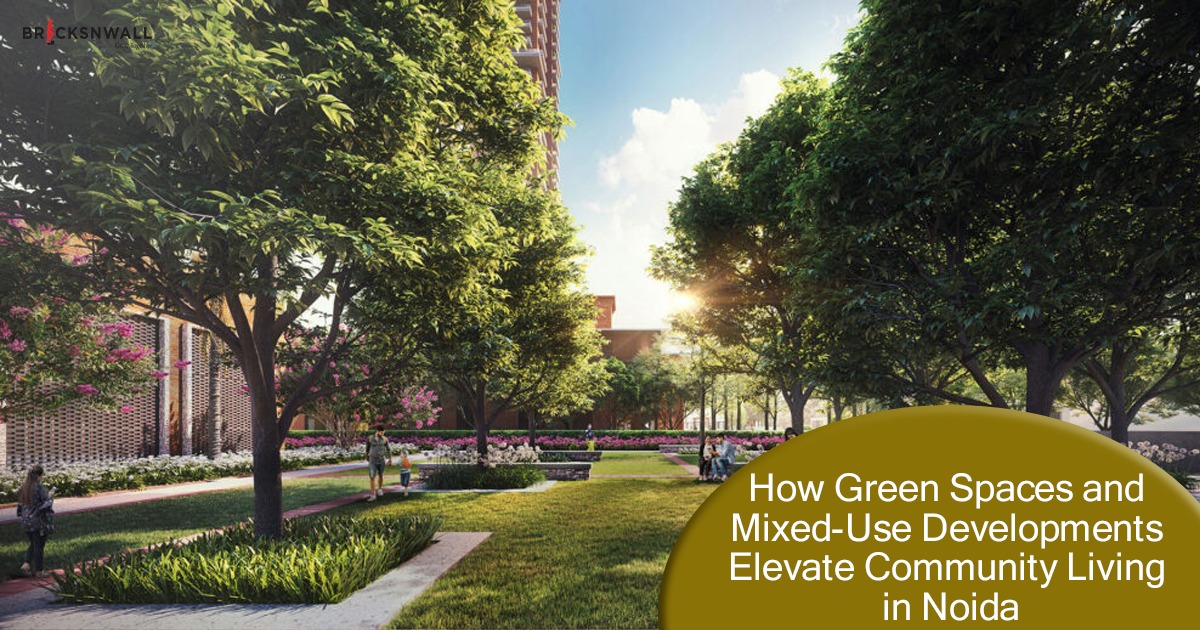
In order to build more dynamic, effective, and sustainable cities, urban planners and developers have been using mixed-use developments more and more in recent years. Residents, businesses, and the community at large can all benefit greatly from these developments, which integrate commercial, cultural, and occasionally industrial uses into a single project. Knowing the benefits of mixed-use developments is essential for influencing the future of our communities as metropolitan areas continue to expand and change.
Increased Vitality in the City
Creating vibrant, dynamic neighborhoods is one of the main advantages of mixed-use complexes. These initiatives promote activity all day long and create a sense of community by combining many uses in one location. Commercial developments in Noida, show how office and retail spaces can be combined to create a busy environment that meets a variety of demands.
Better Accessibility and Shorter Commute Times By
putting homes, offices, and facilities near together, mixed-use projects
frequently cut down on the need for lengthy commutes. This is especially
noticeable in developments, where restaurants and retail establishments coexist
with office spaces to enable workers to get necessary services close to their
place of employment.
In addition to improving people's quality of life, shorter commutes also benefit society as a whole. Spending less time stuck in traffic results in lower carbon emissions, less strain on public transit systems, and more time for family and personal pursuits. Employee satisfaction and productivity may rise as a result of this better work-life balance.
Effective Land Utilization
Mixed-use complexes efficiently employ available
land in metropolitan settings where space is limited. These ideas make the most
of every square foot by vertically merging several purposes. This strategy is
particularly beneficial in places like Noida, which is expanding quickly and
has a significant demand for commercial space.
Developers can construct high-density areas through vertical integration without compromising community amenities or green spaces. A single building might, for instance, have retail establishments on the ground floor, offices on the middle floors, and apartments on the upper floors, together with common areas like fitness facilities or rooftop gardens.
Economic Gains Mixed-use developments have the
potential to yield substantial financial gains. They frequently result in more
foot traffic, which is advantageous for retail establishments. Additionally,
because the project isn't dependent on any one market sector or tenant type,
the variety of uses might contribute to a more stable economic climate. This
potential has been acknowledged by Splendor projects in Noida, which have
integrated retail areas inside their office complexes to establish prosperous
micro-economies.
Property values in the surrounding neighborhoods may rise as a result of these developments. Both residential and commercial property owners gain from mixed-use projects since they enhance a neighborhood's appeal by bringing in services and amenities.
Eco-Friendly City Life
Mixed-use developments make cities more sustainable
by encouraging walkability and lowering the need for driving. They frequently
include energy-efficient architecture and green areas, which increases their
positive environmental effects. One example of a commercial building in Noida,
which blends contemporary office spaces with green initiatives.
Sustainability is included into the design of many mixed-use developments. This may consist of attributes such as:
- Rainwater collection systems
- Energy-generating solar panels
- Reducing the urban heat island effect with
green roofs
- Charging stations for electric vehicles
- Effective techniques for managing garbage
Long-term cost savings for tenants and inhabitants may result from these characteristics, which help lessen the development's negative environmental effects.
Increased Security and Safety
Improved safety and security may result from the
continuous activity in mixed-use areas. There is natural surveillance that can
discourage crime and give residents and tourists alike a sense of security
because individuals are there at different times of the day due to different
use patterns.
The urban theorist Jane Jacobs popularized the idea of "eyes on the street," which holds that a self-policing environment is produced by the presence of people going about their daily lives. Residents and visitors to the area may feel more connected as a result, and crime rates may decline.
Adaptability and Flexibility
Developments with mixed uses are frequently better
able to adjust to shifting market conditions. The variety of uses can help keep
the project viable even if demand for a certain kind of space declines. This
adaptability is especially useful in real estate markets that are constantly
changing, like Delhi NCR.
For instance, the retail elements of a mixed-use property can assist offset losses in the event of a downturn in the office market. The presence of offices and tenants can also offer a secure base while the retail spaces are repurposed or rebuilt in the event that consumer habits change and impact retail spaces.
Social Engagement and Community Development
Opportunities for more social contact and community
building are created by mixed-use developments. These developments have the
potential to create a sense of community that is frequently absent from more
segregated urban settings by uniting people with different needs and
backgrounds in one common area.
In mixed-use developments, common areas like parks, plazas, or community centers operate as meeting places for locals, employees, and guests. Stronger community identity and a sense of belonging may result from this, which is becoming more and more important in our sometimes disjointed metropolitan settings.
Assistance to Local Companies
For local businesses, the varied environment that mixed-use complexes produce can be especially advantageous. Residents and office workers make up the area's natural consumer base, which gives small businesses, eateries, and service providers a constant flow of new customers. This can encourage entrepreneurship in the neighborhood and contribute to the development of a distinctive local economy.
Although mixed-use developments have many
advantages, there are drawbacks as well. Developers and planners need to give
serious thought to things like:
- It might be necessary to amend zoning laws to
allow for mixed-use projects.
- Possible conflicts between various usage, like
the impact of business noise on residential areas
- complicated financial arrangements because of
the project's variety
- The requirement for competent management to manage the development's many components
- Indeed, green spaces—which may be found in cities, suburbs, and natural areas—are areas of grass, trees, and other plants utilized for leisure and enjoyment. They are crucial for biodiversity, the environment, and human health.
- High development costs, the possibility of gentrification, community opposition, navigating complicated regulations and zoning issues, integrating diverse functions, potential conflicts between uses like noise levels and privacy concerns, complex planning and design requirements, and making sure there is enough infrastructure to support a high density of activity.
- Enhanced mood: studies have demonstrated that green environments promote wellbeing and happiness. They also lessen the symptoms of seasonal affective disorder and reduce anxiety, anger, and impatience. Improved cognitive function: spending time in nature can improve your creativity, memory, and attention span.
